紀念莎士比亞誕辰450周年
中國日報網 2014-04-17 16:05


|
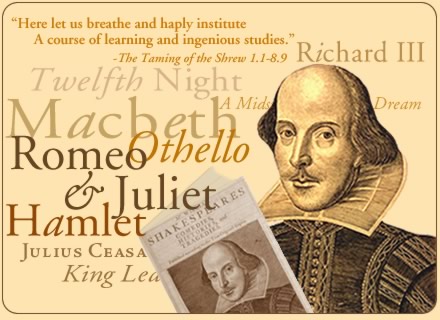
|
普通人眼中的莎士比亞: 威廉·莎士比亞(W.William Shakespeare,1564年4月23日-1616年4月23日)是歐洲文藝復興時期最重要的作家,杰出的戲劇家和詩人,他在歐洲文學史上占有特殊的地位,被喻為“人類文學奧林匹克山上的宙斯”。 他跟古希臘三大悲劇家艾思奇利斯(Aeschylus)、索福克里斯(Sophocles)及幼里匹蒂斯(Euripides)合稱戲劇史上四大悲劇家。他的劇作被反復改變,他的十四行詩被屢屢吟誦,他被我國讀者尊稱為“莎翁”。 莎士比亞在寫作中廣泛采用民間語言(如民謠、俚語、古諺語和滑稽幽默的散文等),注意吸收外來詞匯,還大量運用比喻、隱喻、雙關語,可謂集當時英語之大成。莎劇中許多語句已成為現代英語中的成語、典故和格言。 |
莎士比亞經典作品(全部作品列表)
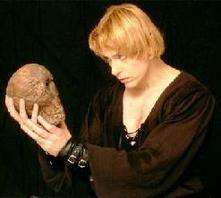 |
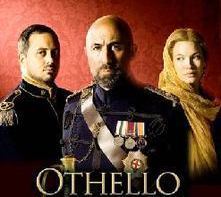 |
 |
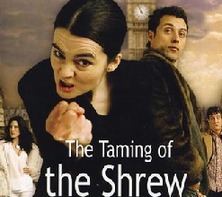 |
|
|
奧賽羅(Othello) |
|
馴悍記(The Taming of the Shrew) |
 |
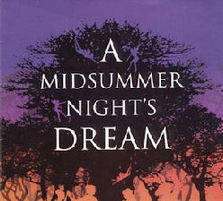 |
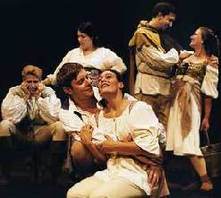 |
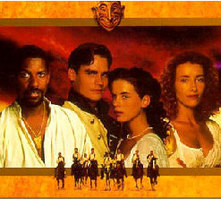 |
| 威尼斯商人(The Merchant of Venice) | 仲夏夜之夢(A Middsummer Night's Dream) |
|
無事生非(Much Ado about Nothing) |
莎士比亞名作《羅密歐與朱麗葉》片段欣賞
| 莎士比亞作品中的名言 |
莎士比亞十四行詩選讀 |
| All the world's a stage, and all the men and women merely players. They have their exits and their entrances; and one man in his time plays many parts... ——William Shakespeare, "As You Like It" 世界是一個舞臺,所有的男男女女不過是一些演員,他們都有下場的時候,也都有上場的時候。一個人的一生中扮演著好幾個角色。 ——《皆大歡喜》 There is nothing either good or bad, but thinking makes it so. ——William Shakespeare, "Hamlet" 世上之事物本無善惡之分,思想使然。——《哈姆雷特》 What's in a name? That which we call a rose by any other name would smell as sweet. ——William Shakespeare, "Romeo and Juliet" 名字中有什么呢?把玫瑰叫成別的名字,它還是一樣的芬芳。——《羅密歐與朱麗葉》 Give every man thy ear, but few thy voice. ——William Shakespeare, "Hamlet" 多聽少說。—— 《哈姆雷特》 |
When forty winters shall besiege thy brow, And dig deep trenches in thy beauty's field, Thy youth's proud livery so gazed on now, Will be a tattered weed of small worth held: Then being asked, where all thy beauty lies, Where all the treasure of thy lusty days; To say within thine own deep sunken eyes, Were an all-eating shame, and thriftless praise. How much more praise deserved thy beauty's use, If thou couldst answer 'This fair child of mine Shall sum my count, and make my old excuse' Proving his beauty by succession thine. This were to be new made when thou art old, And see thy blood warm when thou feel'st it cold.
|
| 史學家眼中的莎士比亞 | 質疑者眼中的莎士比亞 | ||||||||
|
學者和文學評論家懷疑莎士比亞并不是那些劇作的真正作者,他們推斷背后的真正作者可能是克里斯托弗?馬洛、愛德華?德?維爾和弗朗西斯?培根等人,因為這些人擁有更知名的背景,更具文學水準或靈感更豐富。 |
(中國日報網英語點津 Helen 編輯)











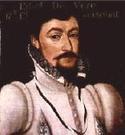

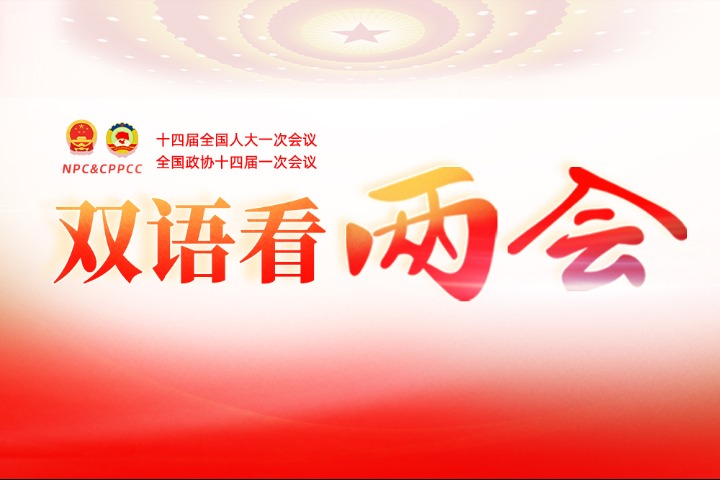
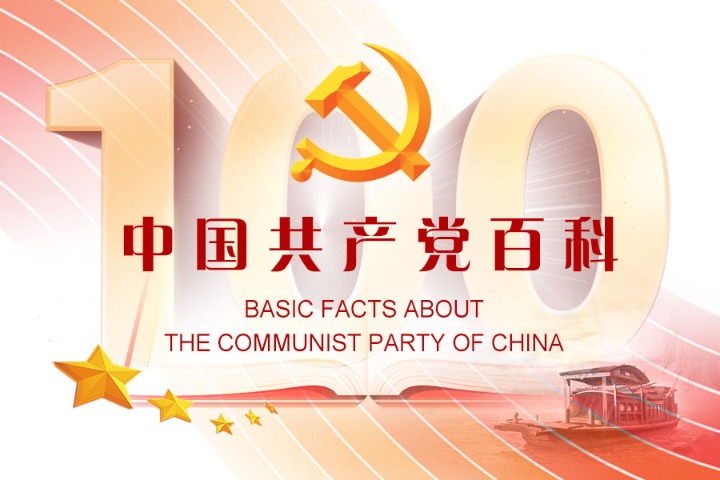
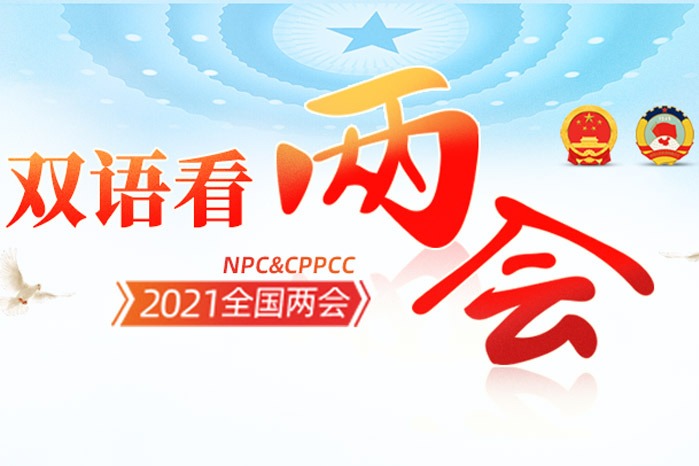

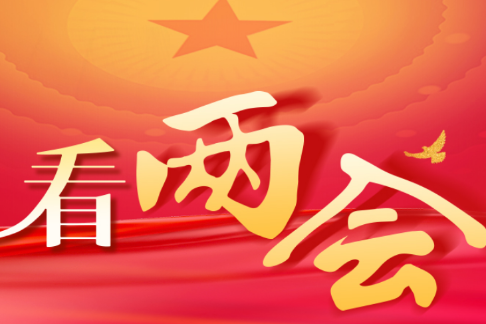



 英語點津微信
英語點津微信 雙語小程序
雙語小程序